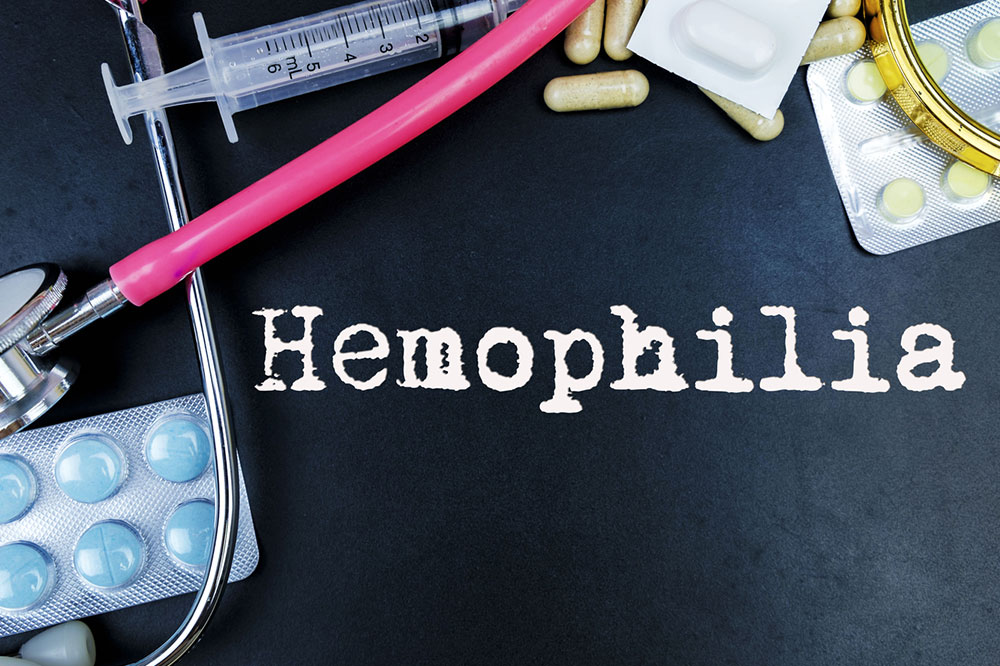
5 Early Warning Signs of Hemophilia
Hemophilia refers to a rather uncommon genetic disorder. In this, the blood fails to clot properly as there are not enough blood-clotting proteins in the blood. So, if you have been diagnosed with this rare condition, there are some early warning signs of hemophilia that you must look out for so that you do not keep bleeding. Hemophilia patients tend to bleed continuously after an injury, unlike normal people for whom the blood clots properly. Small cuts do not pose a threat, but, when the deficiency is substantial, there may be deep bleeding within the body.
The early signs or symptoms of hemophilia will vary according to the deficiency level of the clotting proteins. When the clotting factor is slightly less you will only bleed after a trauma or surgery. But if this deficiency is more acute, then you can undergo spontaneous bleeding. Kids who have milf hemophilia will not display the common symptoms or signs unless they go through heavy bleeding because of some accident, surgery, or dental procedure.
- Unusually Intense Bleeding
People with this condition are likely to experience heavy bleeding following a rather small cut. So, if you are affected by this condition it does not mean that you will bleed quicker than a normal person would, but rather that it will take much longer for this bleeding to stop in your case. Moreover, bleeding can recur after many days following a surgery or an injury. - Deeper Cuts and Bruises
In people with hemophilia, bleeding from a certain cut tends to start again after having stopped for a while. Those with hemophilia also have deeper and larger bruises compared to other people. While smaller cuts are never too much of an issue, the deeper ones can trigger repeated bleeding episodes and this may even cause permanent disability if you are not careful about getting treatment right away. - Blood in Urine and Stool
Blood in your stool can occur if there is bleeding inside the stomach or intestines and this can be an indication of this blood-clotting disorder. Blood in urine happens at times because of bleeding inside the bladder or kidneys. - Bleeding in the Joints
Bleeding in your joints starts off as tightness in those joints without any pain or any apparent sign of bleeding. Thereafter, the joint becomes swollen, painful, and hot; the swelling increases as the bleeding goes on. It may result in you not being able to move for a while and experiencing joint damage accompanied by severe pains. - Bleeding in the Brain
Bleeding can occur inside the brain following a serious injury or a bump on the head that results in prolonged, painful headaches or neck pains, accompanied by mood swings, vomiting, sleepiness, weakness and clumsiness in the legs or arms, double vision, seizures, or convulsions.
If you notice these early warning signs of hemophilia, consult a doctor immediately.


